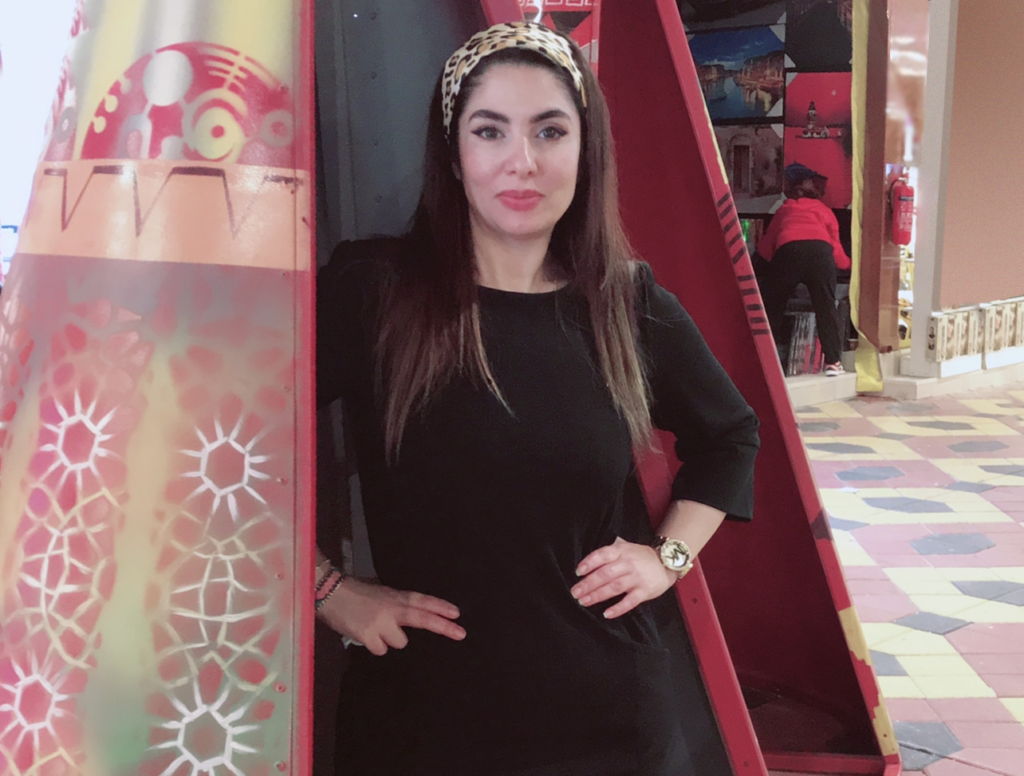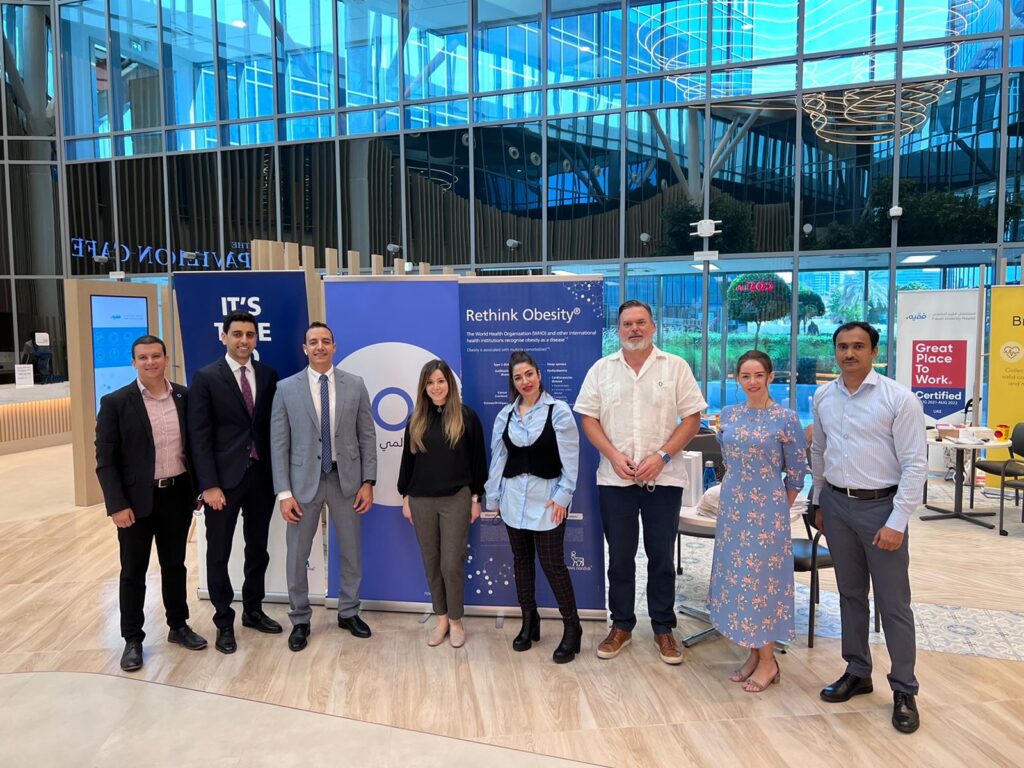February 11 2022
Meet the team: Nesreen Aldawi.
Nesreen is Brighter’s diabetes-specialist nurse and researcher in the UAE. Her expertise plays a critical role in our work with patients and other stakeholders.

Please tell us something about your background and your work at Brighter.
I started at Brighter in 2019 as a diabetes-specialist nurse. Since the beginning I have been involved in preparing us for users and studies in the UAE, including compiling all the necessary documentation. Today I am also part of our Medical Affairs team, which is responsible for developing the company’s medical strategies. I contribute to and review all of our medical and promotional materials for the international markets, as well as facilitate the flow of information between the medical community and Brighter.
Lately I’ve been focused on helping to support research for our commercial launches, including gathering data and publishing reports from clinical trials. In every country in which Brighter operates we consider establishing advisory boards. These comprise key opinion leaders, healthcare providers and other relevant stakeholders that I’m responsible for building relationships with. I also support other Brighter departments – such as marketing and sales – with education about our products, patient profiles, and national and international diabetes guidelines.
Why did you decide to join Brighter, and what do you like about working here?
I joined Brighter because I share the company’s vision of using technology and innovative services to improve diabetes management. The first time I met some of the people here, I was struck by their enthusiasm and positive way of communicating. The company culture is great – you get a lot of recognition and appreciation.
Brighter is excellent at helping employees to continuously develop. For instance, I’ve been able to move between different roles so I can keep learning. There is also a lot of respect for maintaining work-life balance and looking after the well-being of employees.
“I initiated the first insulin-pump clinic at the Rashid Centre, and I published two papers: one about managing diabetes during Ramadan and the other about gastroparesis.”
How did you first get into diabetes nursing?
I first started working as a school nurse in 2002. Then in 2010, after spending some time back in Jordan, I joined the Rashid Centre for Diabetes and Research at the Sheikh Khalifa Hospital in the UAE. I had been there to attend a lecture and ended up asking the Head of the Ministry of Health many questions. The leader of the Rashid Centre noticed my interest and contacted me with a job offer, which I gladly accepted.
What was your role at the Rashid Centre?
For the first few months I worked as a general nurse and just tried to listen as much as possible to learn about diabetes management. Then I was paired up with a Swedish doctor who felt I was a quick learner, so he started to include me in his treatment-recommendation discussions. Through this interaction I learned so much about diabetes in just one year!
“People generally do not have enough knowledge about diabetes until it affects them or someone close to them.”
That’s when you went back into teaching again?
Yes. I decided I needed to formalize my skills as an educator, so I enrolled in a distance-learning program with a UK institute. I also did lots of training courses to learn about different diabetes technologies and insulin pumps, and spoke at several conferences about diabetes education.
It was at this time that I started to coordinate studies and conduct research. I initiated the first insulin-pump clinic at the Rashid Centre, and I published two papers: one about managing diabetes during Ramadan and the other about gastroparesis. I also had different posters presented at national conferences, and conducted a genetic study about Maturity Onset Diabetes of the Young, or MODY diabetes.
People do not typically know that there are more than 10 different types of diabetes, with the rarer ones often having a genetic basis. Latent Autoimmune Disease in Adults (LADA) is another example. This is one of the reasons that diabetes-treatment plans are different from one country to another. For example, we have noticed that patients in the UAE do not reach the ketoacidosis state as easily as Europeans.

Brighter’s UAE team attending and supporting awareness activities during World Diabetes Day at Fakeeh University Hospital.
In your experience, is there enough awareness among the UAE public about diabetes?
People generally do not have enough knowledge about diabetes until it affects them or someone close to them. But information is very easy to find these days as soon as you start looking. It’s not difficult to teach people about diabetes, especially when they want to be part of managing the condition better. They just need proper assessment and individualized educational plans.
The focus now from the UAE is to have more diabetes educators to increase knowledge among the general population. I’m currently doing my clinical-attachment program at the Fakeeh University Hospital so I can keep my nursing license. Part of my work there is to provide a high level of education to medical nurses engaged in supporting patients with diabetes. After almost two decades of working in this field, I believe there is a lot that I could share with the next generation of nurses.
Find the latest articles from Brighter at Latest from us.
